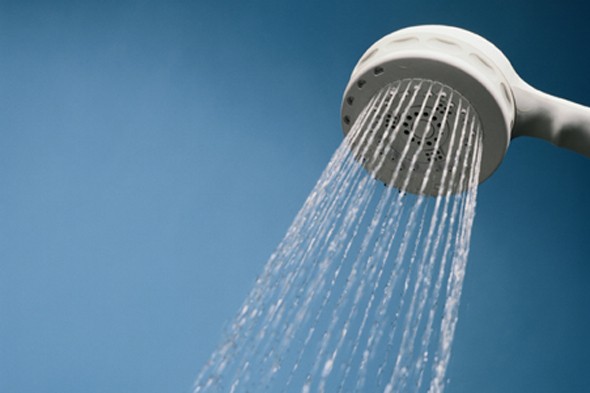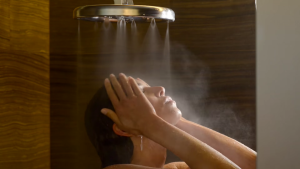
If you stop and think about it, Earth is a strange name for our planet. While many geographical features around the world inspire us—mountain ranges, canyons, flat prairies and lush rainforests—it is water that is the most prominent feature on our planet. Water covers 70% of our planet, and 97% of that is salt water. Of the remaining 3%, an estimated 2% is locked up in sea ice, making just 1% of the water on the entire planet freshwater. And yet, it is that 1% that sustains all of the living organisms found on land. In places like Cairns, which is in the middle of its “rainy season,” it seems as though the overabundance of freshwater will never run out. But there are places in the world, such as California, Brazil, Puerto Rico, Cuba and North Korea, that are experiencing severe drought; some, Like North Korea, the worst in over a century. As access to fresh water becomes more of a global crisis, one company is tackling the problem in a revolutionary way: They want to change the way you shower.
It’s called the Nebia, and the team behind it has a very hard job. The young company is trying to re-engineer the shower, a home appliance most of us use every day. Its goals are lofty: to not only build a business and create a brand that will sustain for years, but also to dramatically impact the environment through home water conservation. But none of that stuff is the hard part. The hard part is asking people—lots and lots of people—to strip down and give their shower a test run. So far, a handful of technology bloggers have gotten to take a test, and the company has raised over USD $3M. So what makes this shower so special, so innovative?
The core of the Nebia shower concept lies in technology that atomizes water into millions of droplets to create 10 times more surface area than a regular shower, yet uses 75% less water than a the average shower. And the potential for savings are not just in terms of water; using the company’s website model (based on water and electricity rates for Sydney, the only Australian city listed in their geo-model), one daily 10-minute shower over the course of a year will save almost 300 litres of water and over 1400 kilowatt hours in electricity (that’s enough to power the average home for 41 days!)—an overall combined savings of over $300.
If you would like to find out more information, or make a donation to the Kickstarter Campaign, you can visittheir website here.

